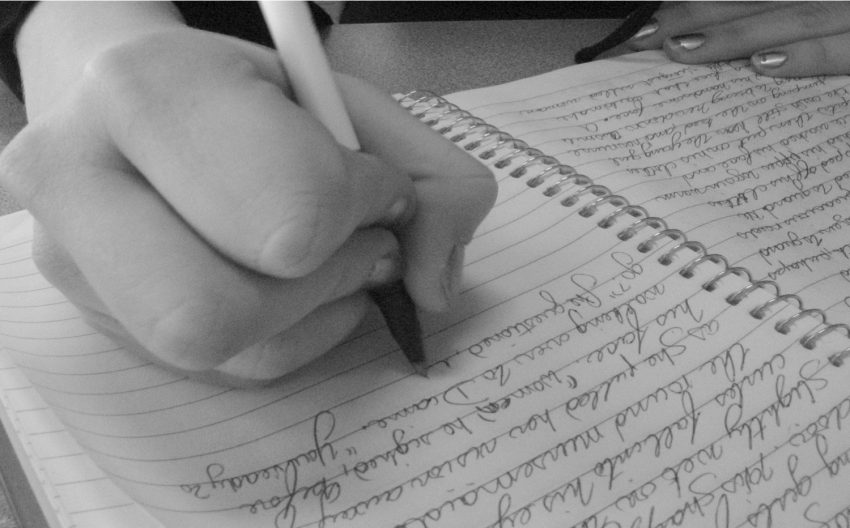
Posted: April 1, 2020 1:02 pm
This post is by Andrew Lang, JAHA curator — part of a series to bring JAHA themes to you at home, while our museums are closed.
“We are living through unprecedented times.” That is a phrase that can get thrown around often enough that it loses some of its impact.
But make no mistake about it, we are truly living through unprecedented times now. As we mark one month into the COVID-19 coronavirus epidemic, we have been forced to adjust to a new, hopefully temporary, normal. Work and school have been affected. Public life is at a standstill. We have experienced things that are shocking, scary, unsettling, and unpredictable.
Truly, we are living and experiencing a major historical moment, one that will have a lasting effect on our country and our world. And when all is said and done, there will be a profound opportunity and obligation to try and understand what we have gone through. To explore how our lives were impacted and how things changed.
That is the work of history after all. To explore the past and understand the changes it brought and the ways it shaped the past, present, and future. And that is what eventually will take place when one looks back at this current crisis
So long as we record it.
As we witness all of this firsthand, it can be difficult to think about the future and how this will be looked back on. To those who are not alive now, and will only know the coronavirus second-hand, how will they be able to understand? The truth is, they will never experience it as we have. But they can experience it through us, so long as we keep a record of what we are going through now.
As an historian, a researcher, and a museum worker, I am eternally grateful to those figures of the past who had foresight to record their experiences as they happened. The written record is one of the greatest lens into seeing and experiencing the past. For it does not simply record events or mark dates: it records feelings, ideas, and the sense of being in a different time and place.
Of course, the written historical record also creates a privileged view of history, one limited to those who knew how to write or had the time and opportunity to do so. This is why it is also important we learn to “read” and value the non-written record, the objects and artifacts people interacted with. The things they wore, the things they created. These too are records of personal experience–of living through periods of profound change.
So, now, as we face down an especially difficult time, I also believe it’s important to see this as an opportunity of living through profound history. And that with this hindsight, we take the opportunity to consistently, deliberately, and meaningfully take down a record of what we are living through during this time.
That is my advice. There is far more important advice from experts to follow right now, about social distancing, staying home, staying healthy, and fighting germs. But as we stay in our homes and limit our exposure to other people, look at this as something you can do to try and make sense of things–for yourself and for others in the future.
So take it down. Write it down or record it in another way. Do something to document what you are experiencing and what it means. You can keep a journal. Take photos. Post on Facebook. Write a poem. Create something.
And looking forward, consider donating these materials to a museum such as JAHA to be kept in archives and collections as a permanent and preserved record of Johnstown’s experience during this time. For when people look back at unprecedented times like these, they will want to know.